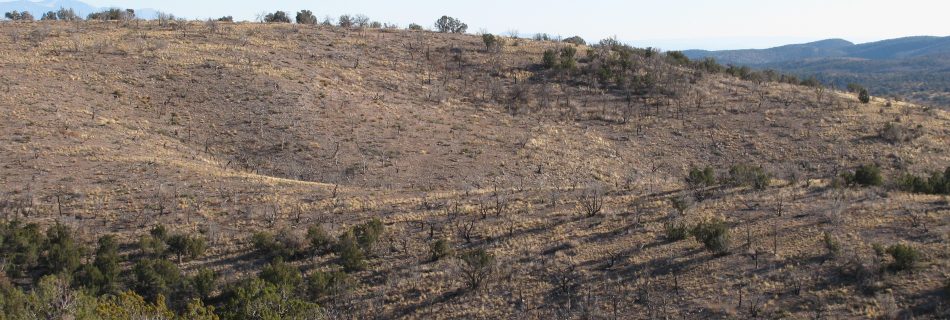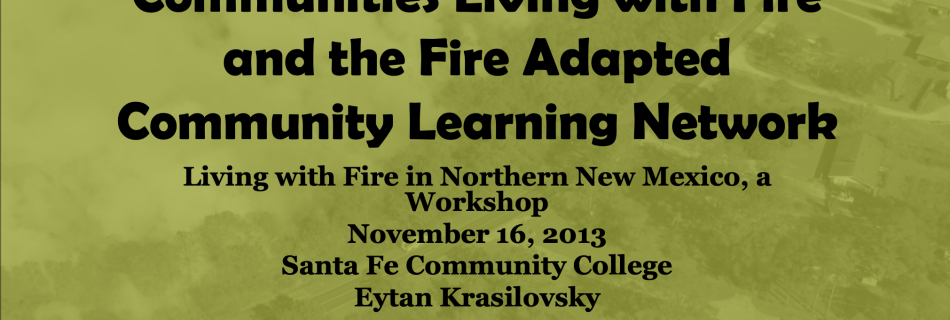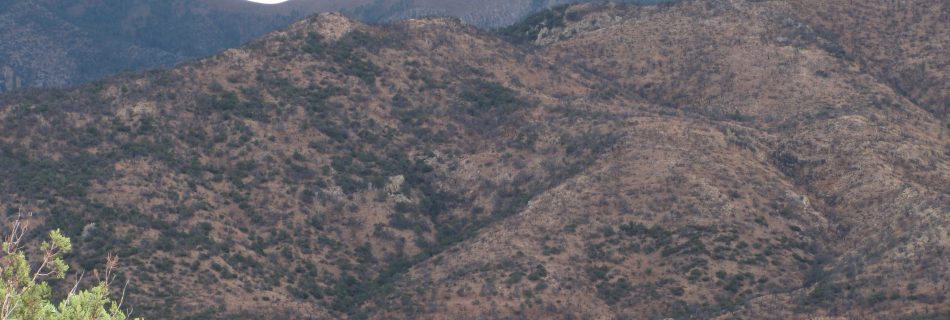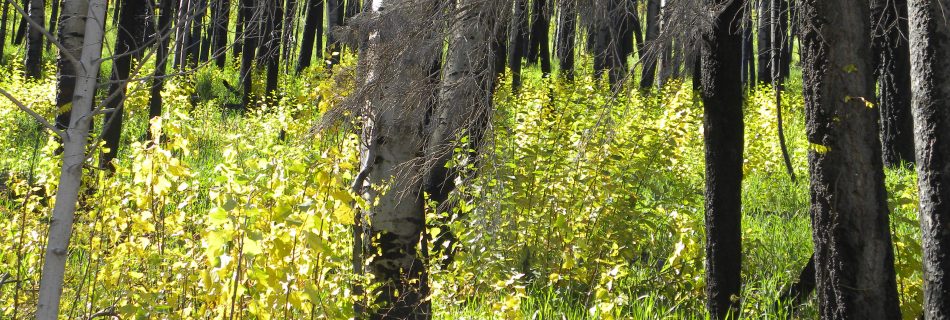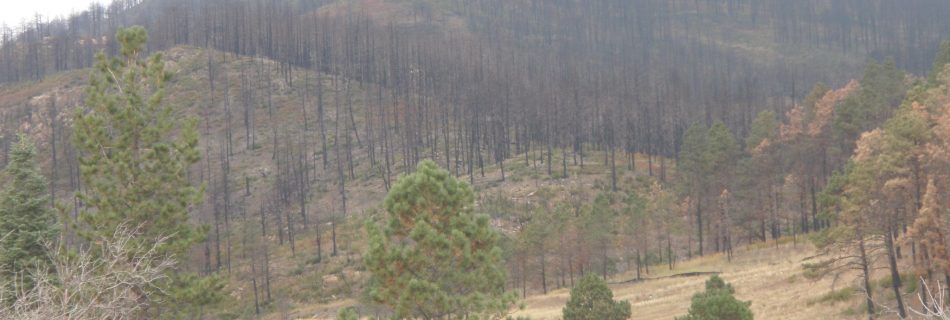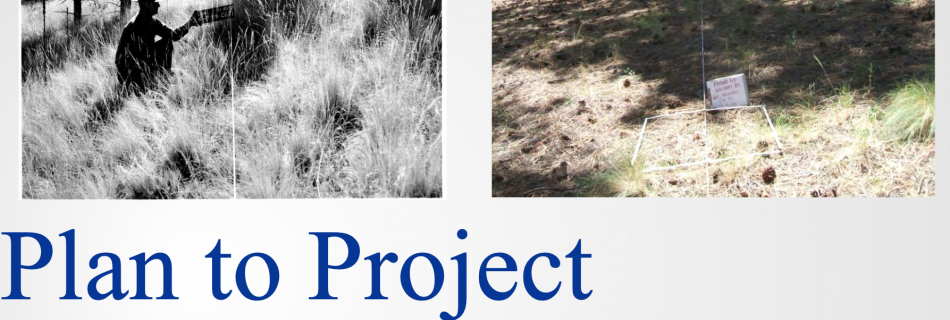Video describing mastication fuel treatments in the Southwest. Covers treatment effectiveness during recent large wildfires and also describes the benefits and potential drawbacks of mastication fuel treatments.
Click here for accompanying “Mastication” write up containing more detail.

